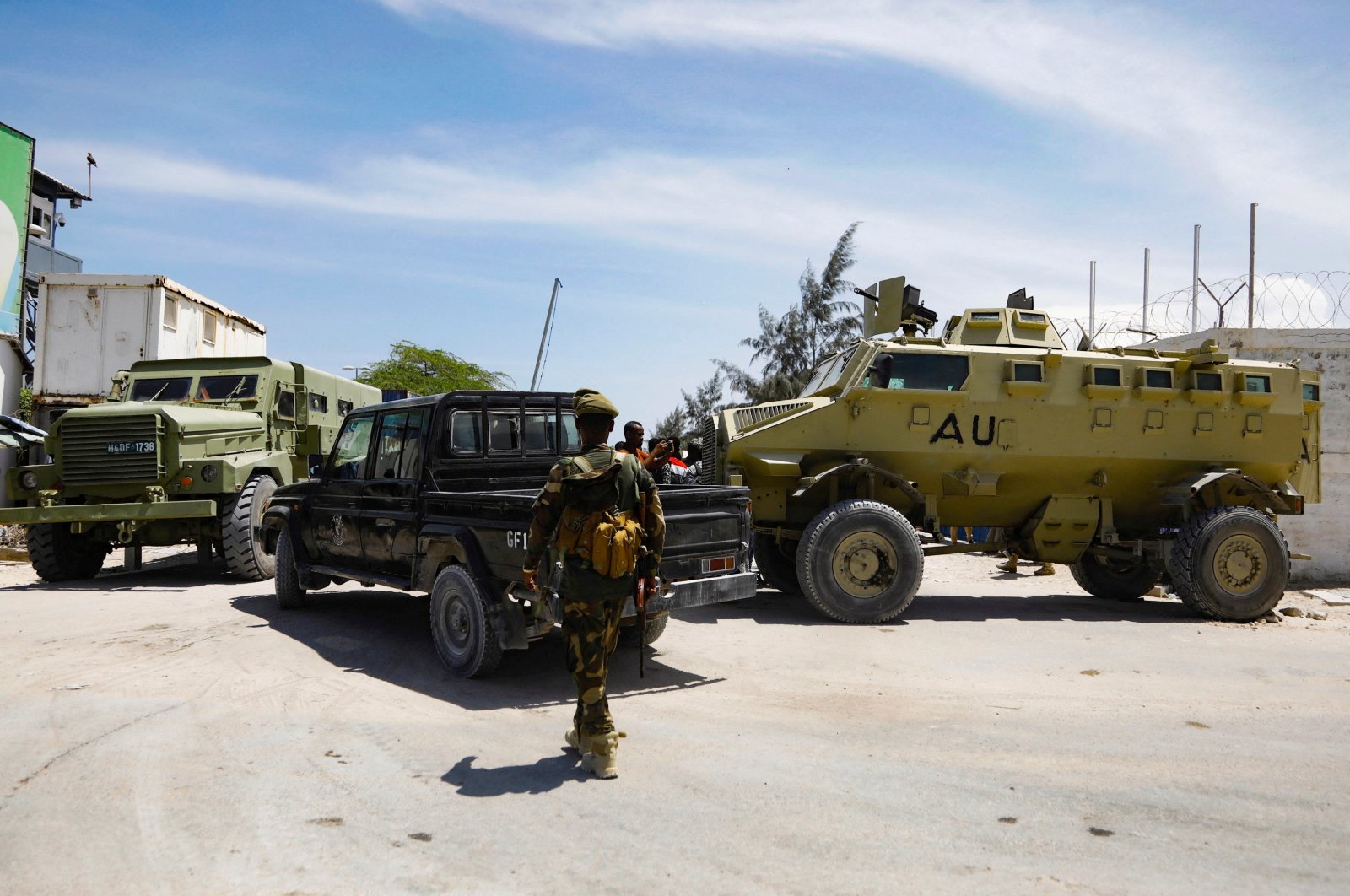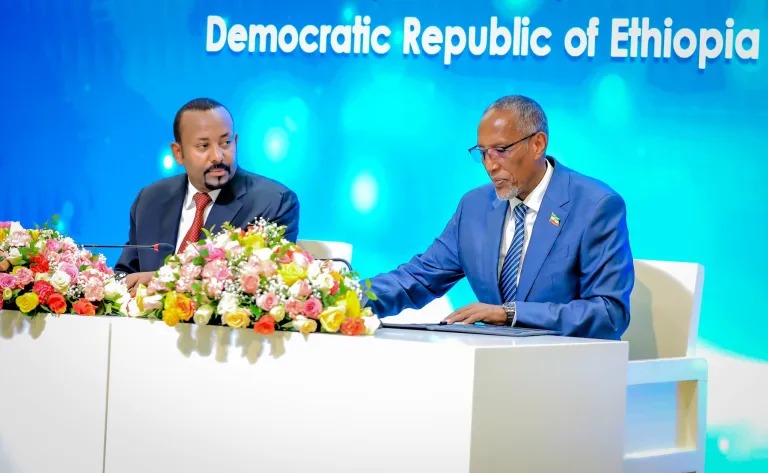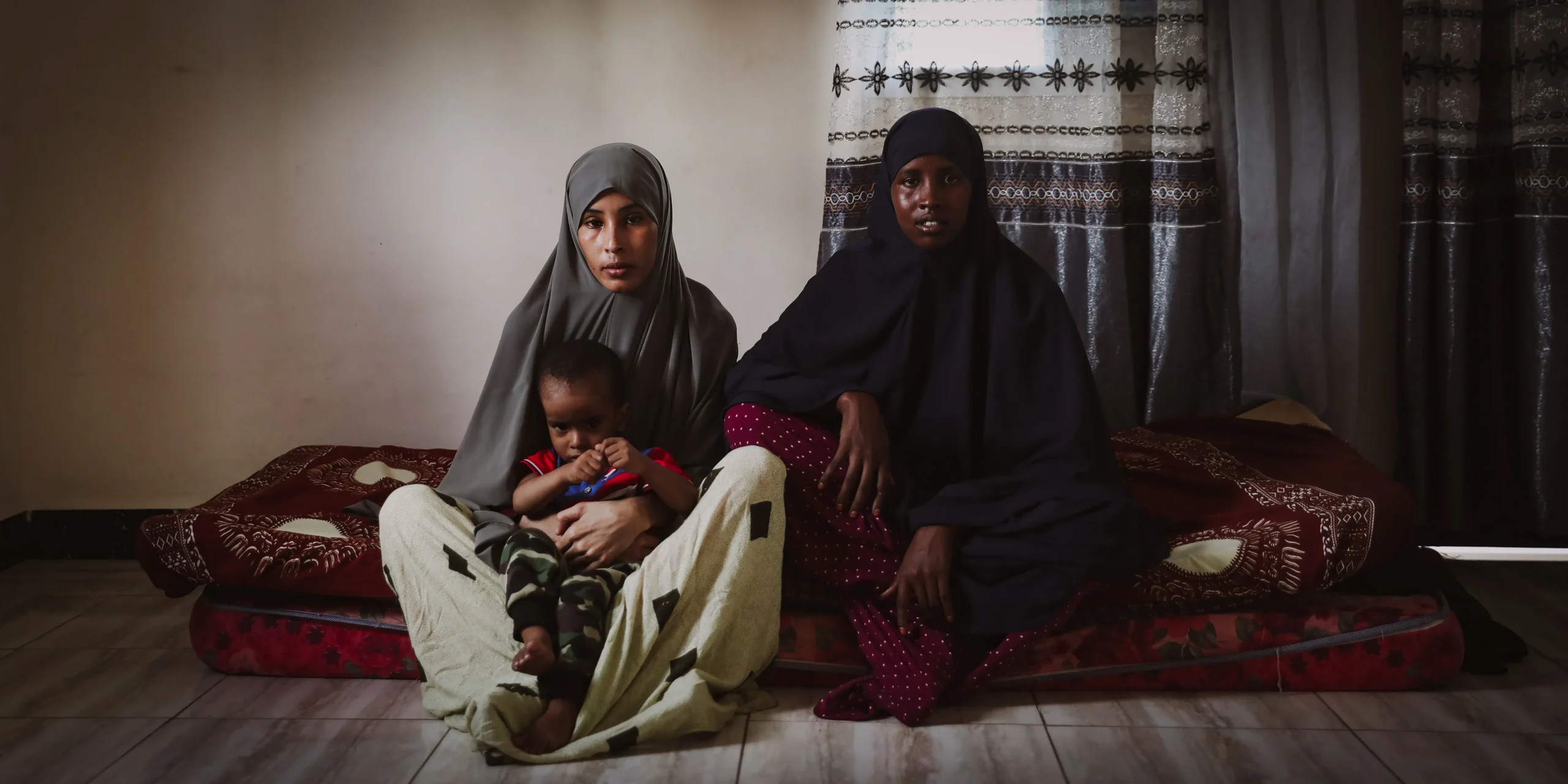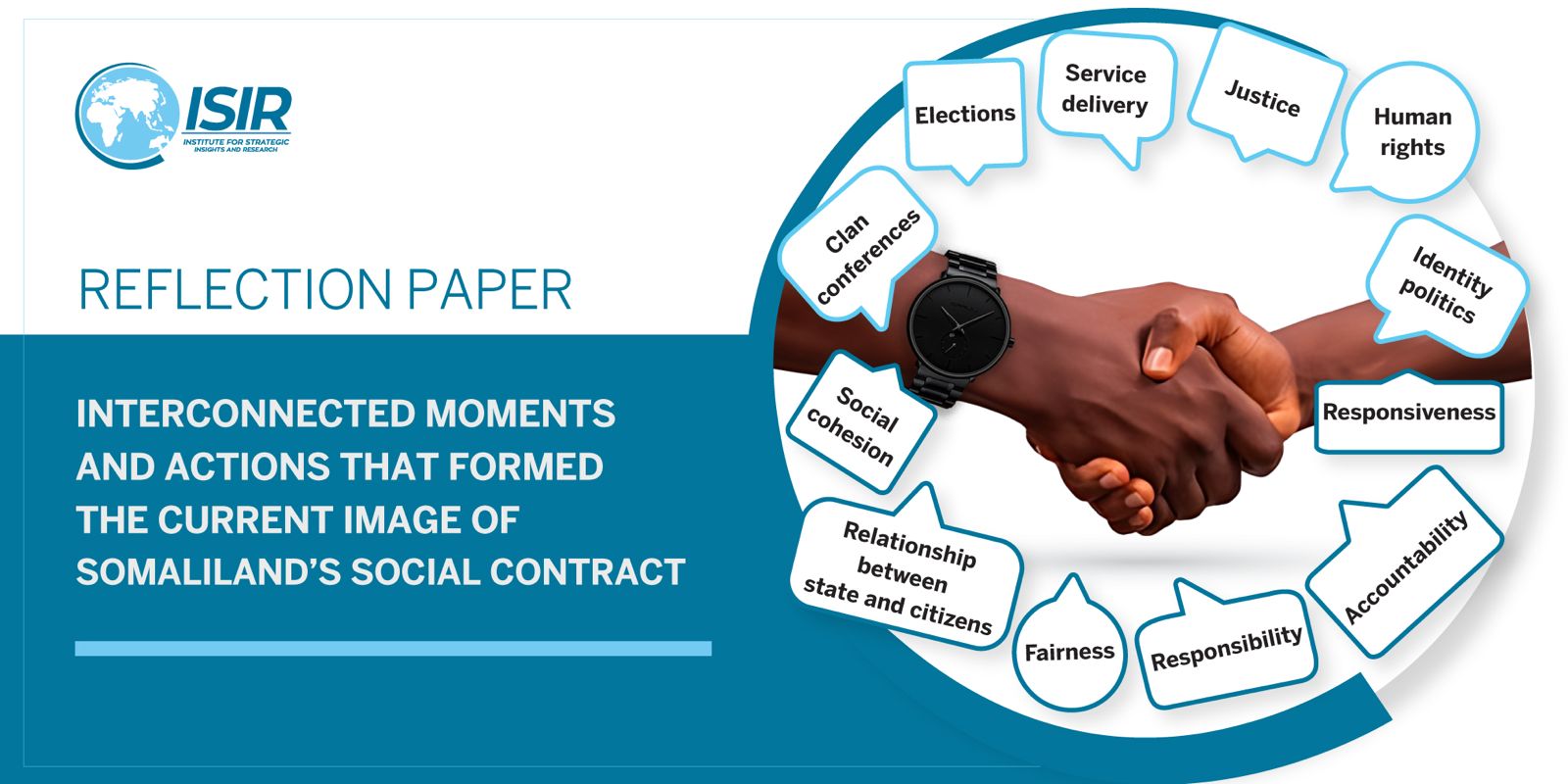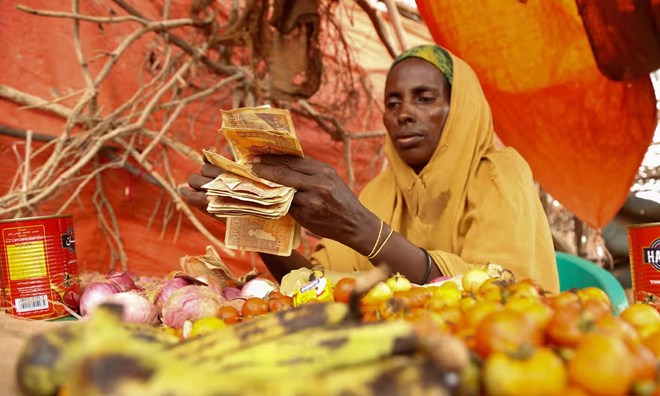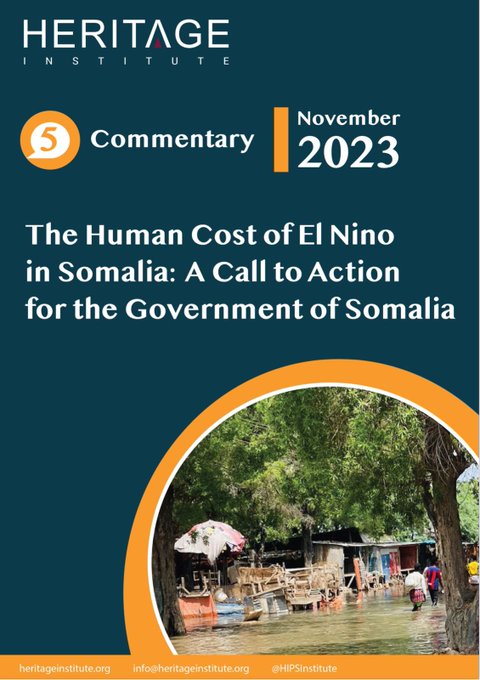The widely held and responsible position is that Al-Shabaab is a violent extremist outfit that is a disaster for Somalia and the region. They are and I have argued in my previous articles many times. In this piece I would like to remind and introduce our political dialogue to the concept of Structural Violence, which I came across through previous research on international relations twenty years ago. In its basic definition:
“Structural Violence” refers to a form of violence wherein social structures or social institutions harm people by preventing them from meeting their basic needs. Although less visible, it is by far the most lethal form of violence, through causing excess deaths—deaths that would not occur in more equal societies. Not only is it the deadliest violence, greater in scope and in implication than any other type of violence, it grows exponentially as unequal power differentials are used to create more unequal structures. Yet, because these limitations are embedded within social structures, people tend to overlook them as nothing more than the ordinary difficulties of life. Examples of structural violence include health, economic, gender, and racial disparities”
In the above context one can argue that beyond nice suits, sweet speeches and slogans, our body politics lacks leadership, compromise, statecraft, and political purpose which fails to meet the basic and strategic needs of over 12 million people. To me, this is a failure of a huge magnitude which derails the prospects and aspirations of a whole nation and society. Assessing through this lens, one can further argue that our body politics is not that far from Al-Shabaab extremism violence, if not worse. It produces a structural violence which stems from political extremism of no compromise and zero-sum game – my way or highway politics, which is also another classification or characteristics of Al-Shabaab religious extremism.
Somalia is facing a national emergency of famine, drought, poverty, political fragmentation, and insecurity. The challenge before all of our Somali political entities is to find the backbone for political compromise to minimise the impact of structural violence. A failure to meet that threshold would put our political entities in the same bar as Al-Shabaab extremist if not higher. Such political failure have had and would continue to have far reaching consequences for generations beyond anything that Alshabaab can muster in a day. The right politics and policies matter for millions – it is the safety and glue that holds societies together.
There is also role for civil society to rescue their aspirations and prospects from these political conditions and entities. However, such initiative would need to be organised and disciplined to help safe a country from the ruins of structural violence. This has been witnessed in Sudan most recently where civil society at large took stronghold of political direction and momentum to force a political compromise. This is what is required to knock heads to together in Somalia. However, I fear we are also part and parcel of our political problems. Looking through our blight in Somalia and in the diaspora, it seems we do not do partnerships and compromise very well – we argue/fight over our politics, businesses, mosques, and community centres.
The political problem we are trying to solve may well be ourselves – and the political leaders and entities on stage to solve these intractable problems are also part of society? Where is the Middle Ground folks? A Social Revolution? Far reaching Societal Change? the real questions are by whom, how and to what degree?
By Mohamed Ibrahim
Mohamed is a BA/MSc, London School of Economics and Political Science, is a keen writer and social justice campaigner, London based, He can be reached via @Mi_shiine
Categories: Opinion








